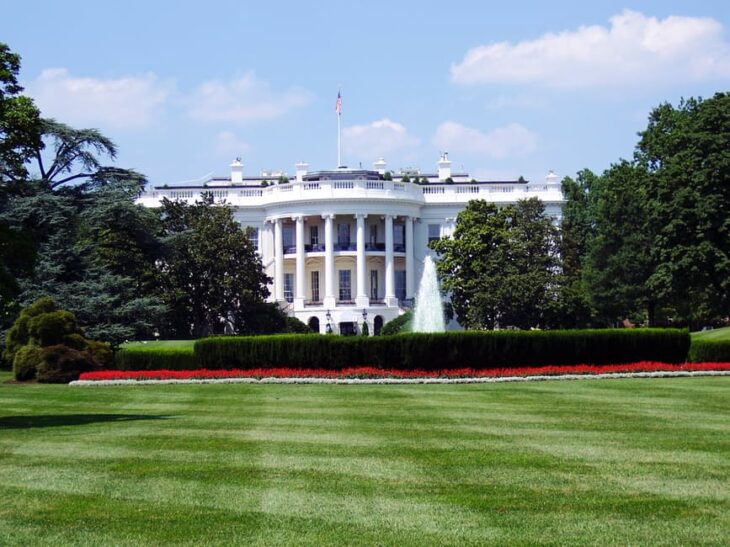In early December, Michigan made technology news headlines as it became the first state to allow fully autonomous vehicles on its streets and highways.
Lawmakers at the Michigan legislature passed bills that were unusually devoid of restrictions or guidelines for the testing of self-driving cars without human drivers inside. This does not mean that anyone can purchase an autonomous vehicle and start zipping down the roadways of the Wolverine State; the new laws are specifically for the testing of these futuristic cars.
Michigan is not the first state to allow such testing; Florida is even friendlier to self-driving cars. Nonetheless, Michigan goes a step further by allowing engineers to test long-haul trucks and it also gives leeway to companies such as Uber in terms of doing business with these vehicles.
The Industrial Advantage for Michigan
The new law passed by Michigan takes into consideration that the state is the spiritual home of auto manufacturing in North America. Companies such as Google and Tesla will be free to make their own safety rules as well as their procedures when it comes to testing their autonomous vehicles.
Hundreds of automotive engineers already live and work in Michigan, and this will be very attractive for developers of self-driving technologies. Michigan is not superseding federal law at all; all cars and trucks that will be tested in the state must be certified by the National Highway Traffic Safety Administration.
The Government Supports the Technology
In September, the United States Department of Transportation announced that the federal government is extremely interested in embracing autonomous driving technology. Thus far, engineers, analysts and scientists in the Transportation Department are impressed with the safety measures built into self-driving cars.
The current climate for developing autonomous vehicles in the U.S. is very positive due to what engineers have already accomplished in terms of safety. Transportation Department officials proposed a safety standard that is not burdensome for engineers. Even the National Safety Council has been impressed with the safety measures put in place by developers.
Lower Auto Insurance Premiums
One of the most enticing news about self-driving cars come from the Golden State. Insurance company executives have been extremely interested in the autonomous car revolution for good reason; the insurance business thrives on accident avoidance and safety, which happen to be the most important factors in the development of self-driving cars.
California has been working on passing legislation that will be even more permissive towards autonomous cars; once the law is passed, Silicon Valley developers will have a lot of freedom testing their projects. The Golden State also wishes to attract more automakers and aerospace firms with progressive legislation.
California insurance costs are expected to become more affordable once more self-driving cars are available to drivers. The current safety record of the vehicles tested has impressed insurance company executives who seem to be ready to lower their policy premiums since they expect less accidents on the road. The bottom line is that autonomous cars seem to be much better than humans in terms of avoiding accidents.
Uber, the personal transportation company that has managed to create controversy around the world, is currently testing fleets of self-driving taxis in select cities. The ongoing test does not pick up a passenger in a car devoid of human presence; in fact, these self-driving cars have two humans in the front of the cabin: one behind the steering wheel and the other in the passenger seat.
The tests being conducted by Uber will be crucial for the development of self-driving cars. The two humans participating in the tests are not only there for safety; they are careful observers of the reaction by passengers who come in contact with this new technology for the first time. They are also paying attention to how other drivers react to the self-driving Uber car. As long as the tests denote a high degree of safety, insurance companies will be willing to lower insurance premiums.





